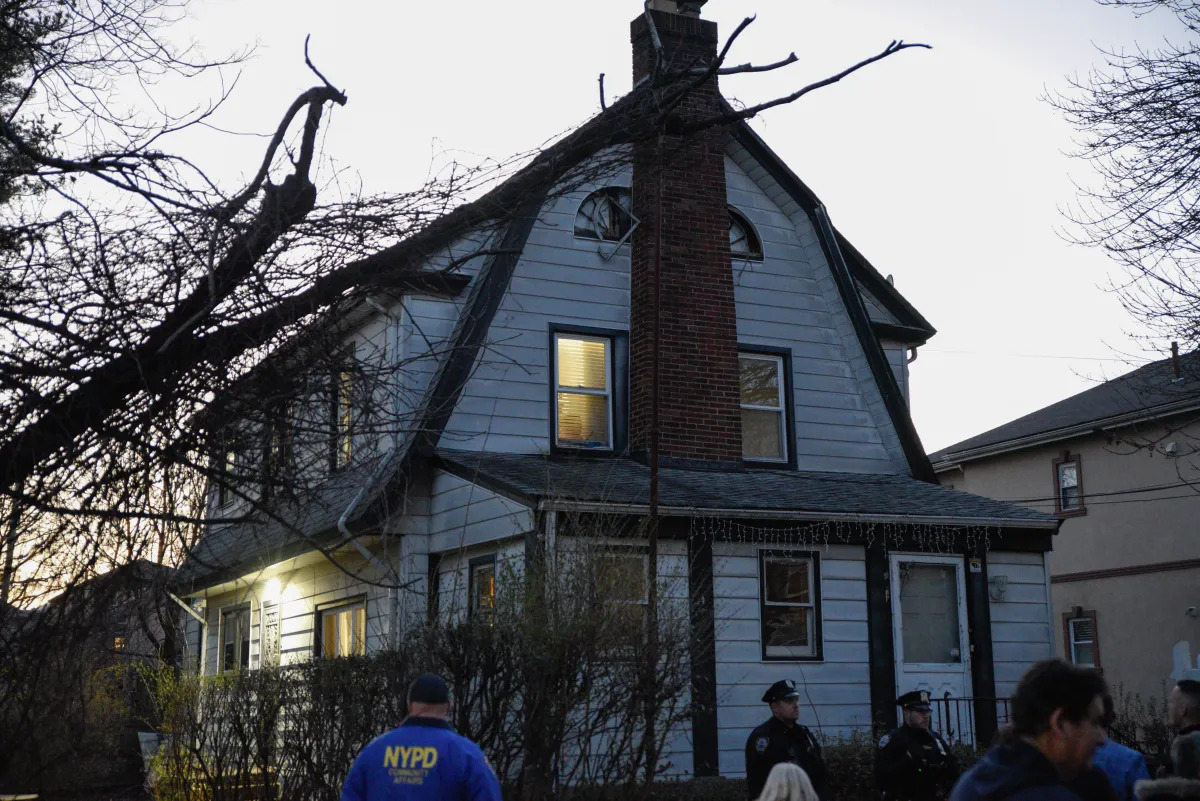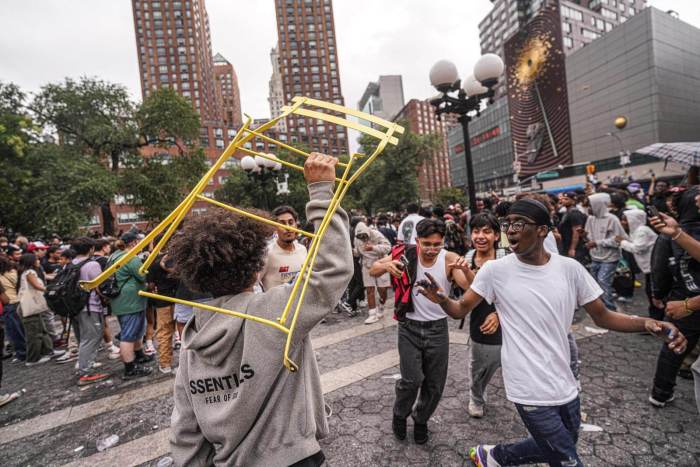Among the more than 200 mothers, children, workers and students murdered in the bombing in Baghdad early Sunday morning was a 23-year-old dancer, Adel Al-Jaf, who was about to realize his dream of coming to New York City.
“We had a plan to bring him here and train like crazy,” said Jonathan Hollander, the president and artistic director of Battery Dance, a 40-year-old lower Manhattan dance company dedicated to artistic excellence, socially-relevant content and sharing the arts in disadvantaged, conflict-ridden areas.
Battery Dance raised money to bring Al-Jaf, who performed under the name, “Adel Euro,” to dance festivals in Amman, Jordan, in April, 2015. He wanted to obtain a visa to come to New York City immediately, but Hollander and others counseled him to return to Baghdad and finish law school, which he did just a few weeks ago.
“I’m ruing the day I participated in lobbying for that. Shoulda, woulda, coulda. We should have got him back here,” said an emotional Hollander, noting that Al-Jaf — who was also engaged to be married — had narrowly escaped being injured or killed in two other bombings prior to the fatal blast.
A self-taught hip-hop dancer who was gradually expanding his repertoire, Al-Jaf “had some crazy love of New York City. It was his dream to come here,” said Haider Newmani, 30, a program officer for the Open Society Foundation, who has lost more than 100 friends and relatives to violence in Iraq over the last decade. Newmani, who now lives in Astoria, is also from Baghdad and mentored and befriended Al-Jaf via Skype, videos and social media.
Al-Jaf persisted in his dream against tremendous odds, conscripting the internet to learn English, hone and expand his dancing, broadcast his talent, and to connect with like-minded creative people abroad. He heard about Battery Dance’s program “Dance to Connect” when it held a workshop in Erbil, Iraq, in 2012, and connected with Hollander on Facebook.
“I had seen some of his dancing on YouTube — he did hip-hop and break dancing — and I asked him if he was interested in learning other styles and he said he was,” said Hollander.
It was a stranger in Baghdad who alerted Hollander to his death. “I was so grateful. Before Facebook and social media and all this technology, I wouldn’t have known what happened to him — I wouldn’t have found him,” in the first place, Hollander said.
Male dancers — especially dancers practicing forms of dance perceived as “Western” — are often despised and vilified by extremist elements in the Middle East. “Adel had received targeted death threats. He opened a dance academy to train other dancers but had to shut it down,” after being threatened, Newmani said.
Al-Jaf conscripted any space he could find to perform. “He danced in parks until it became too dangerous,” said Hollander. He eventually found an empty cultural center and “would just go in there and claim it for himself. His self discipline was so extraordinary,” said Hollander, lauding Al-Jaf for his musicality, energy, dedication and warmth.
“You think of Adel and you think of life,” said Newmani, adding that “the challenge for all of us” is to realize that “it is absolutely false that our individual wellbeing here is separated from the wellbeing of others.”
Al-Jaf told a friend that his solo performance in Amman was the best experience of his life. “I have to keep remembering that because I am just so sad,” said Hollander.
Hollander said that Al-Jaf was the second of four boys in a middle class family. The third, Bilal, is 18, and now in a refugee center in Belgium with no status. “I’m hoping we can help him now,” Hollander said.

















